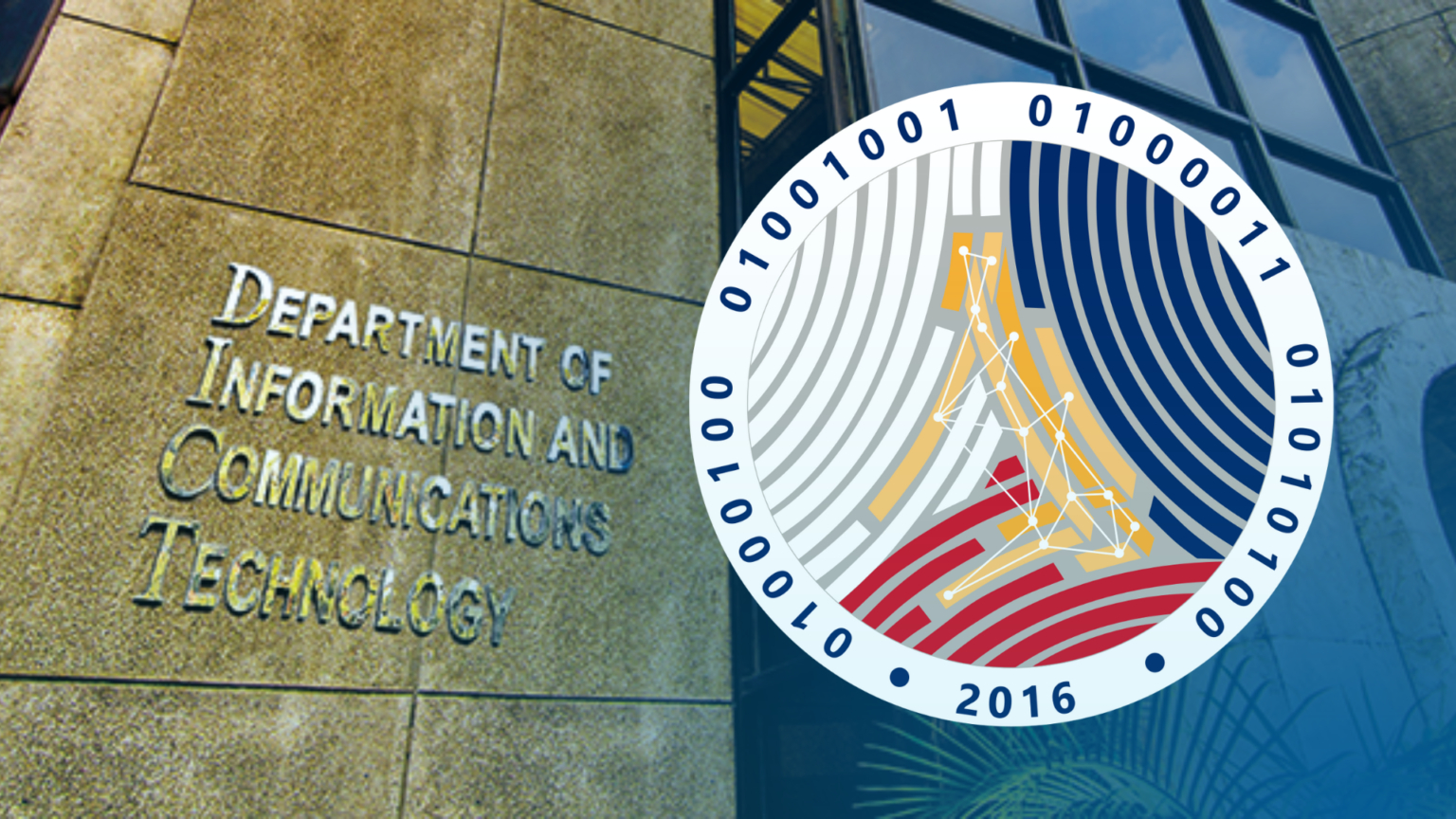DICT seeks satellite-based internet service provider for Antique

The Department of Information and Communications Technology (DICT) is looking for a service provider to roll out satellite-based internet services across 150 locations in Antique as it ramps up connectivity in the provinces. PHOTO: Department of Information and Communications Technology/FACEBOOK PAGE
The Department of Information and Communications Technology (DICT) is looking for a service provider to roll out satellite-based internet services across 150 locations in Antique as it ramps up connectivity in the provinces.
The government agency issued this month the invitation to bid for the P56.76-million contract. Interested parties have until Nov. 5 to submit their proposals.
According to the bidding documents, the service provider must have the capacity to provide a subscription to internet access via low earth orbit satellite.
READ: DICT told to boost internet connectivity in remote areas
The DICT sets the requirement of 220 megabits per second (Mbps) for download speed and 25 Mbps for upload speed.
The DICT said the private sector partner shall provide hardware, backup power supply, and other services needed to make the internet available all the time.
Apart from internet access, the chosen service provider must have cybersecurity measures in place to block digital attacks like phishing and malicious software.
The chosen partner must deliver the service and installation within 30 days upon receipt of the notice to proceed.
This project is in line with DICT’s free Wi-Fi program, which aims to improve internet connectivity in public places across the country, including public parks, plazas, libraries, barangay centers, national and local government offices, public basic education institutions, state universities and colleges, public hospitals, rural health units, public airports and seaports, and public transport terminals.
READ: Free public Wi-Fi program gets extra P3.681 billion – DBM
In its latest report, the DICT said its free Wi-Fi program benefits 9.8 million users across 1,401 cities and municipalities, including 3,040 geographically isolated and disadvantaged areas.
In rural areas, the construction of traditional infrastructure like cellular towers is deemed challenging because of the location. Satellite technology, as such, is being tapped as a connectivity solution in these areas because it does not rely on on-ground facilities.
The country, in fact, has been seeing several entries of foreign satellite players after the government granted tech mogul Elon Musk’s Starlink Internet Services Philippines license to operate as an internet service provider in 2022. These include US-based companies Astranis and Intelsat, and Luxembourg-based connectivity solutions firm SES.
The need for internet access has been emphasized since the COVID-19 pandemic forced the public to do their usual tasks—shopping, payment, and banking, among others—via online platforms. It also led to the rise of hybrid setups—mix of offline and online—for both work and schools.
